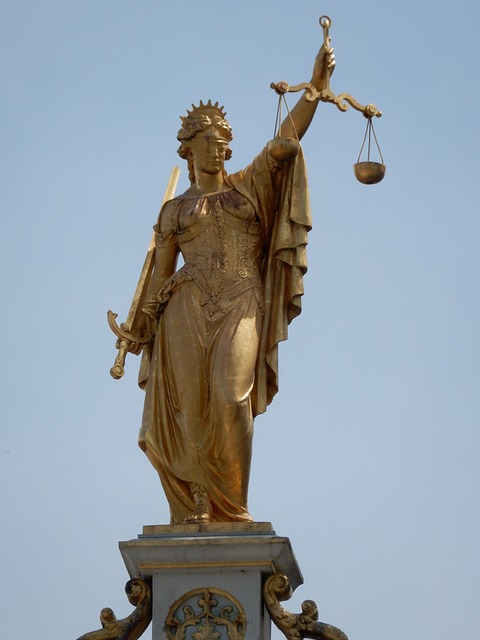England: Creation of sexually explicit ‘deepfakes’ to be criminalised

Creating sexually explicit ‘deepfake’ images is to become a criminal offence in England and Wales.
The UK government says it is concerned by the rate at which “hyper-realistic” fake sexual images of real women and girls are proliferating thanks to widespread access to new technology.
Sharing or threatening to share such images has been illegal since 2023, but creating them is not. A new offence will mean perpetrators could be charged and imprisoned for up to two years for both creating and sharing these images.
At the same time, the government will strengthen the law around taking an intimate image without consent, which it says is currently only an offence in certain circumstances, such as upskirting.
Under the new proposed offences, anyone who takes an intimate image without consent faces up to two years’ in jail. Those who install equipment so that they, or someone else, can take intimate images without consent also face up to two years’ imprisonment.
Alex Davies-Jones, the UK government’s victims’ minister, said: “These new offences will help prevent people being victimised online. We are putting offenders on notice – they will face the full force of the law.”
Technology minister Baroness Jones added: “The rise of intimate image abuse is a horrifying trend that exploits victims and perpetuates a toxic online culture. These acts are not just cowardly, they are deeply damaging, particularly for women and girls who are disproportionately targeted.
“With these new measures, we’re sending an unequivocal message: creating or sharing these vile images is not only unacceptable but criminal. Tech companies need to step up too – platforms hosting this content will face tougher scrutiny and significant penalties.”
The new offences will be included in the government’s Crime and Policing Bill, which will be introduced “when parliamentary time allows”.








